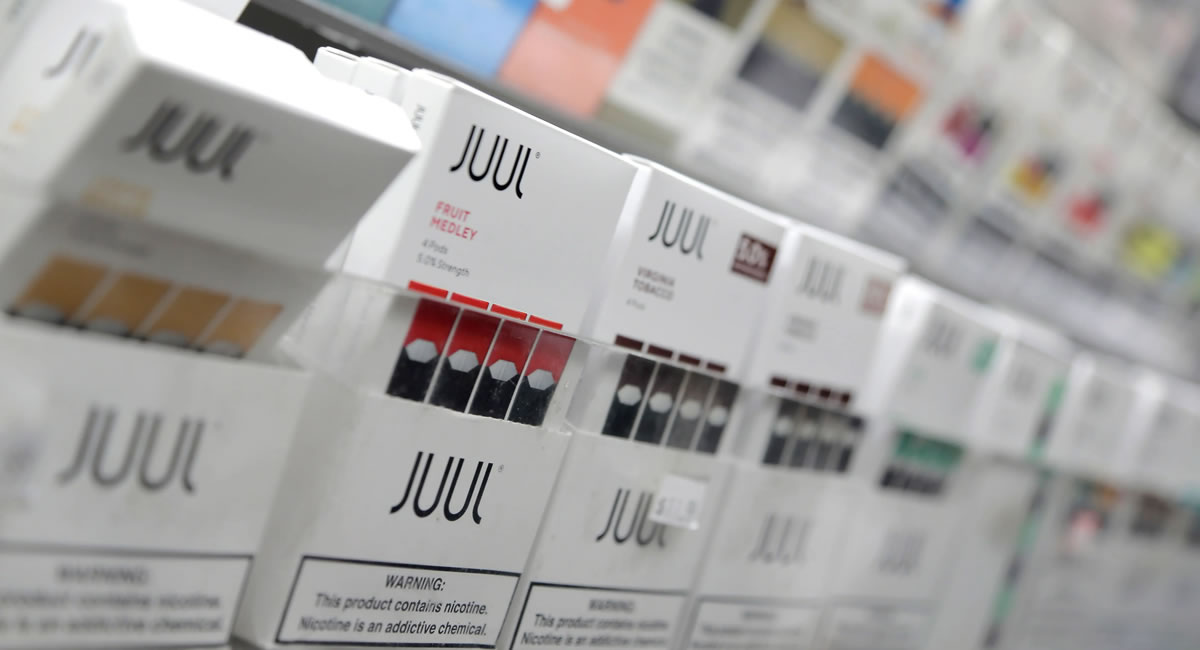Juul Labs has filed complaints accusing e-cigarette rival NJoy of infringing on several Juul patents through its NJoy Ace product. Juul aims to block Ace imports and sales.
On June 30, 2022, Juul Labs filed legal actions against NJoy Holdings, alleging the NJoy Ace e-cigarette violates Juul intellectual property. Lawsuits request halting Ace imports and sales in addition to damages.
The complaints come shortly after tobacco giant Altria dropped its Juul stake to acquire NJoy in a pivot toward regulatory-compliant vaping. This article looks at the patent clash within the heated vape category.
Juul’s Infringement Claims
Juul submitted twin complaints against NJoy last week. First, it petitioned the U.S. International Trade Commission (ITC) to prevent Ace importation based on patent violations.
Second, Juul sued NJoy in Arizona federal court citing infringement of five Juul patents. Altria was also named for its pending NJoy acquisition.
Juul states its internally designed technology enabled the most effective adult smoker transition to vaping, deserving protection. It argues innovation suffers when competitors copy successful formulas. Prior ITC victories affirm Juul’s commitment to defending intellectual property.
NJoy contends the claims lack merit and will vigorously contest them. But Juul aims to replicate past wins blocking infringing product sales.
Evolving Vape Sector Dynamics
Juul’s legal offensive comes amidst upheaval in the vaping sector. In March 2022, Altria exchanged its $12.8 billion Juul ownership stake for licensing rights. It then announced intentions to purchase NJoy for $2.75 billion.
Altria cited uncertainty around Juul’s regulatory status in pivoting toward NJoy. Unlike Juul, NJoy secured FDA marketing authorization for its tobacco and menthol Ace products.
With Juul facing potential bans over youth vaping concerns, Altria prioritized an approved e-cigarette brand. But Juul maintains its technology drives superior adult smoker switching when legally marketed.
Both companies continue investing in innovation for future regulatory clearance. However, intellectual property battles muddy the landscape as stakeholders jockey for position.
Broader Vape Patent Context
The NJoy complaint marks the latest patent litigation in the evolving vape industry. Proprietary technology provides a competitive edge, especially amidst tightening regulation.
In 2021, R.J. Reynolds accused Altria of infringing eight Reynolds patents through the Vuse Alto. Altria denied the claims, arguing Alto improves on prior art.
Phillip Morris also sued Reynolds in 2020 over heated tobacco intellectual property. Reynold’s subsequently filed patent complaints against IQOS manufacturer PMI.
As vaping advances, fierce IP clashes emerge over key heating, aerosolizing and nicotine delivery breakthroughs. Dominant brands like Juul aim to protect their proprietary engineering. But upstarts see room for disruption through innovation.
Conclusion
Juul’s patent lawsuits against NJoy highlight intellectual property tensions reshaping the competitive vape industry. With regulation and profitability at stake, device advances spur fierce clashes over exclusivity.
For NJoy, proving non-infringement or invalidating Juul’s IP provides an avenue to defend its growing e-cigarette business. But Juul insists its patented technology deserves safeguarding to drive harm reduction.
Ultimately, courts will referee outstanding disputes and set parameters around permissible innovation versus protected intellectual assets. Those verdicts could significantly sway the future vaping landscape.
Juul-NJoy Patent Lawsuit Highlights:
- Juul claims NJoy Ace infringes 5 patents
- Seeks ITC ban on Ace imports and sales
- Part of broader vape IP clashes over regulation
- Myanmar Enacts Total Ban on E-Cigarettes and E-Shisha - February 25, 2026
- UK Announces Mandatory Vape Tax and Duty Stamps from 2027 - February 10, 2026
- Sri Lanka Travel 2026: Total Ban on Cigarettes & Vapes - February 5, 2026


